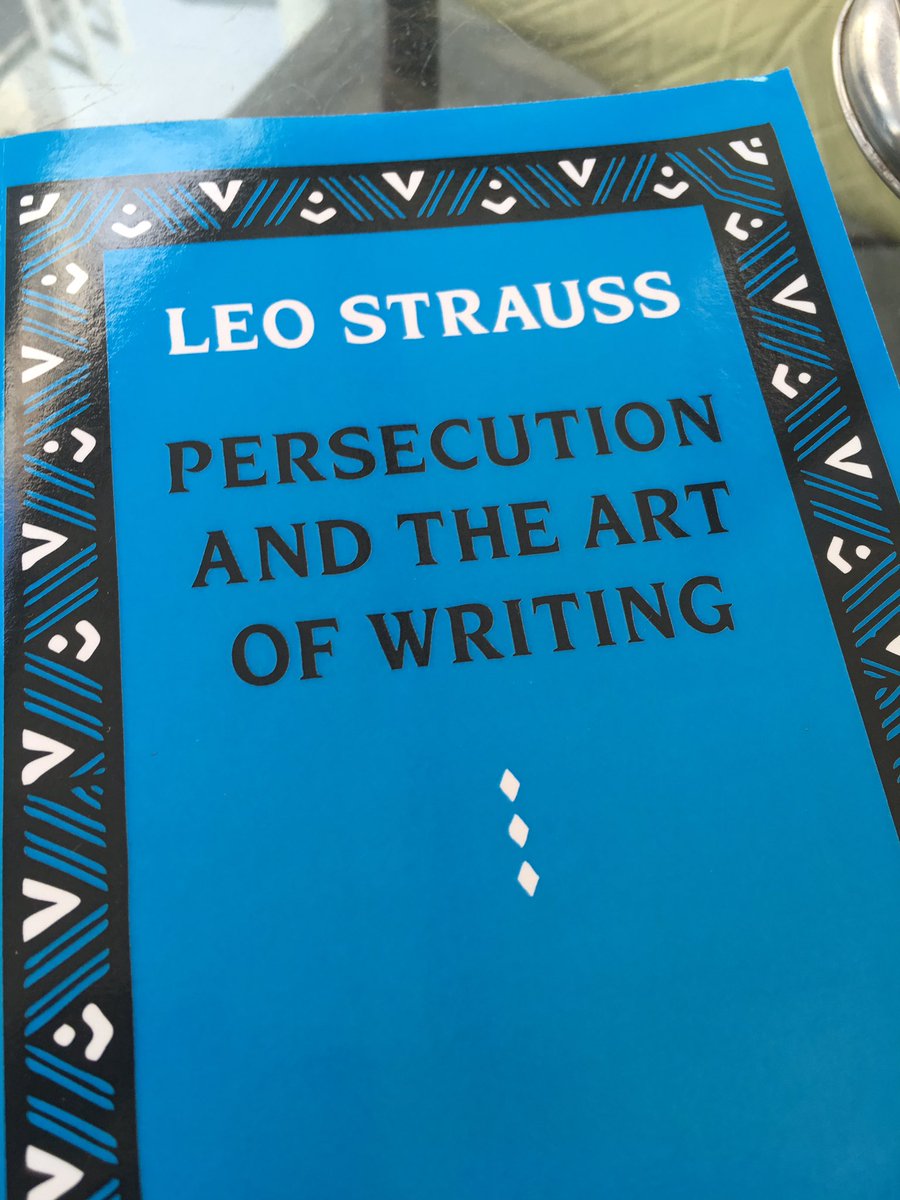"What philosophy is seems to be inseparable from the question of how to read Plato."
(Benardete refers to this as "this Heraclitean insight"—he means fr. 1.)
On "pretends," recall the first line of "The Argument of the Action": "Virtually everyone knows that Aristotle sometimes lies."
Also compare the first line of the Metaphysics.
A beautiful discovery!
His notion of "the Cave beneath the Cave" goes hand in hand with this: back and forth to Plato.
Strauss's view!
This must be why we never see two philosophers conversing.
Apparently, Benardete once quipped, at the end of the question period following a talk he gave at SJC, that everyone in the Republic believes in the forms except Socrates.
"Strauss's recovery of Plato opened up the possibility of gathering into the fold of philosophy more than philosophy had ever dreamed of."
Philosophy "is graced by nature's grace."









